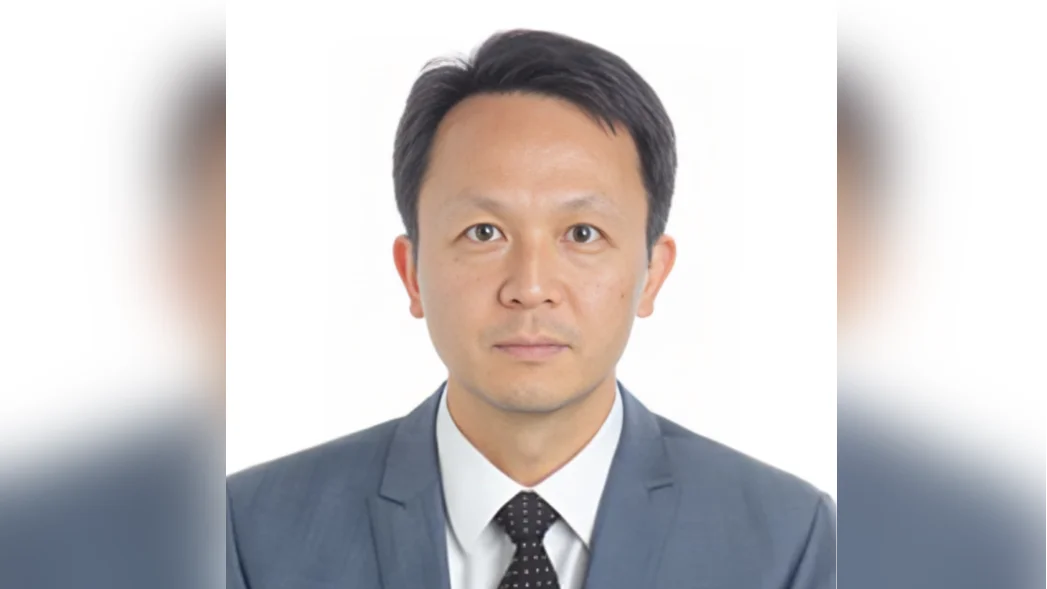The International Monetary Fund (IMF) completed its mission to Guinea Bissau, according to a statement on April 11, 2025. Led by Niko Hobdari, the IMF team held discussions from April 2 to 10 on the 2025 Article IV consultation and economic policies to support the eighth review of the Extended Credit Facility (ECF) arrangement. The ECF was initially approved for SDR 28.4 million (approximately US$37.8 million) in January 2023, with a 40% augmentation in November 2023.
At the end of the mission, Hobdari stated, "The IMF staff team had constructive and productive discussions with the Guinea Bissau authorities, who reaffirmed their strong commitment to the ECF program objectives."
Guinea Bissau's economy has shown resilience, although growth moderated to 4.7% in 2024 from 5.2% in 2023, influenced by weaker cashew exports and agricultural weather shocks. The IMF expected better terms of trade in 2025, which might boost the external position and economic growth. Additionally, the budget deficit is predicted to decrease to 3% of GDP, aligning with ECF targets. However, domestic and external risks remain.
The IMF emphasized the need for continuing reforms under the ECF program to achieve fiscal consolidation and manage public debt. "We underscored the importance of adhering to the 2025 budget appropriations to support macroeconomic stability, a necessary condition to build foundations for inclusive growth and resilience to shocks."
Discussions during the Article IV consultation centered on diversifying the economy to lessen reliance on cashew nuts, sustaining fiscal health through revenue mobilization, enhancing human capital, and improving social protection by assessing spending levels and outcomes.
The IMF pointed out the importance of boosting revenue generation and tightening expenditure controls to aid fiscal consolidation and infrastructure and social spending. Efforts should focus on minimizing fiscal risks related to the public utility company, improving cash and debt management, and better governance practices. Energy sector reforms were deemed crucial for economic growth, including energy mix diversification and securing backup power sources.
"The economy faces significant near-term risks in an electoral year and in the context of a challenging external environment characterized by a deepening of geopolitical and global trade fragmentation."
The IMF anticipates further discussions at the upcoming IMF/World Bank Spring Meetings, expressing gratitude to the authorities and development partners for their open discussions.
Meetings included talks with President Sissoco Embaló, Prime Minister Barros, Minister of Finance Té, Minister of Economy, Planning and Regional Integration Sambu, Minister of Energy Casimiro, Minister of Transportation and Telecommunications Barbeiro, BCEAO National Director Cassama, and other key officials and international partners. The discussions covered various sectors including Finance, Economy, Agriculture, Fisheries, Justice, Public Health, Public Works, through to the National Directorate of the BCEAO and the National Institute of Statistics.
The ECF provides financial aid to countries with ongoing balance of payments issues, supporting economic programs aimed at achieving stable macroeconomic positions conducive to poverty reduction and growth.

